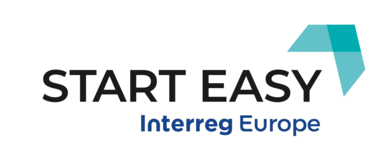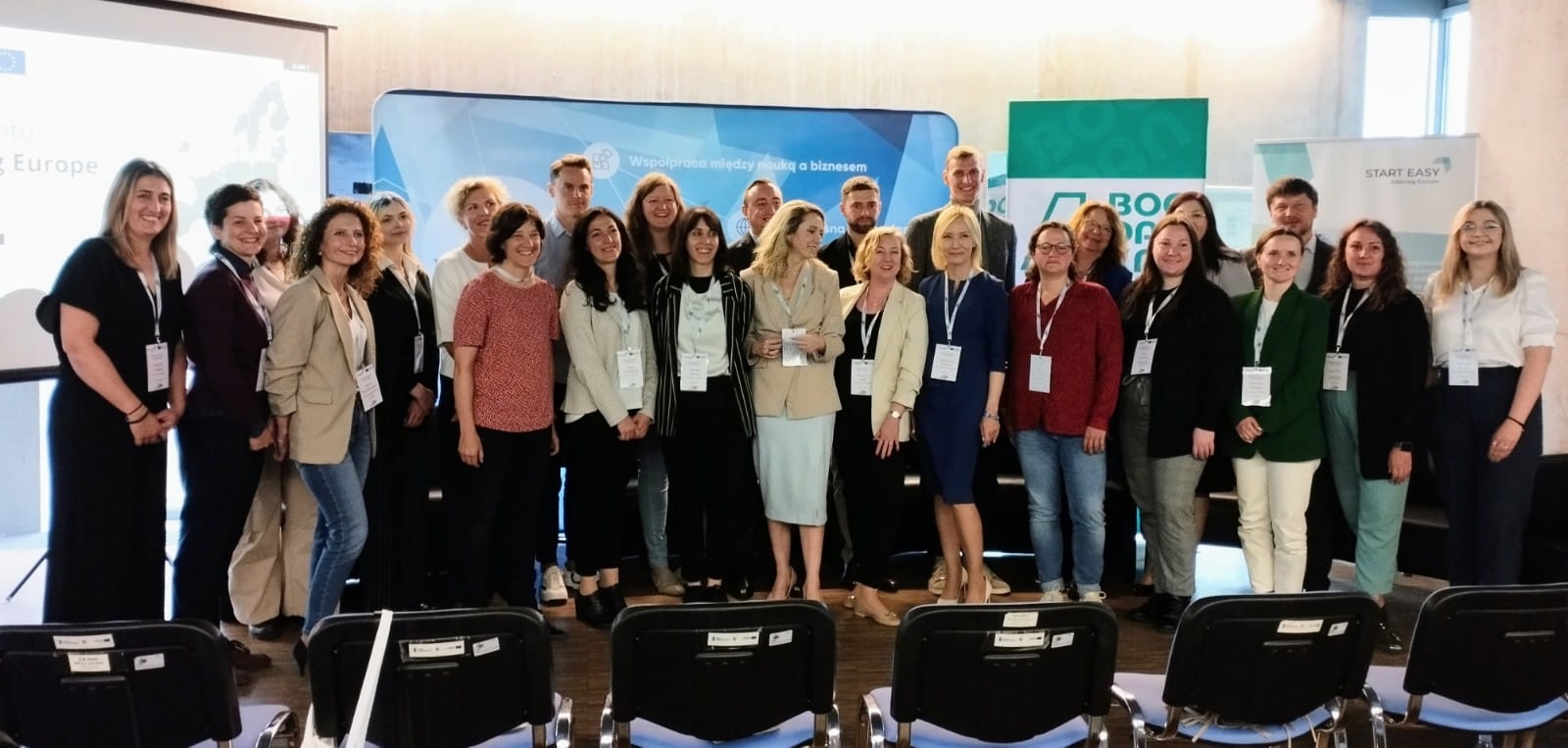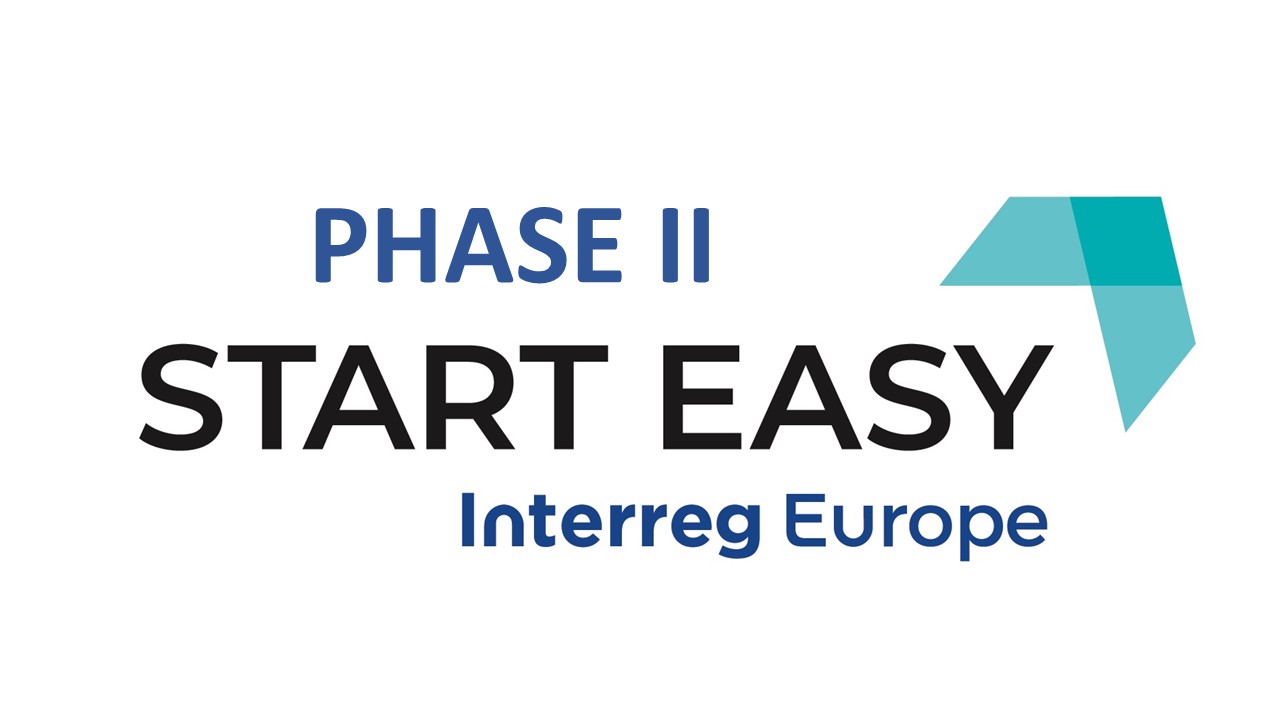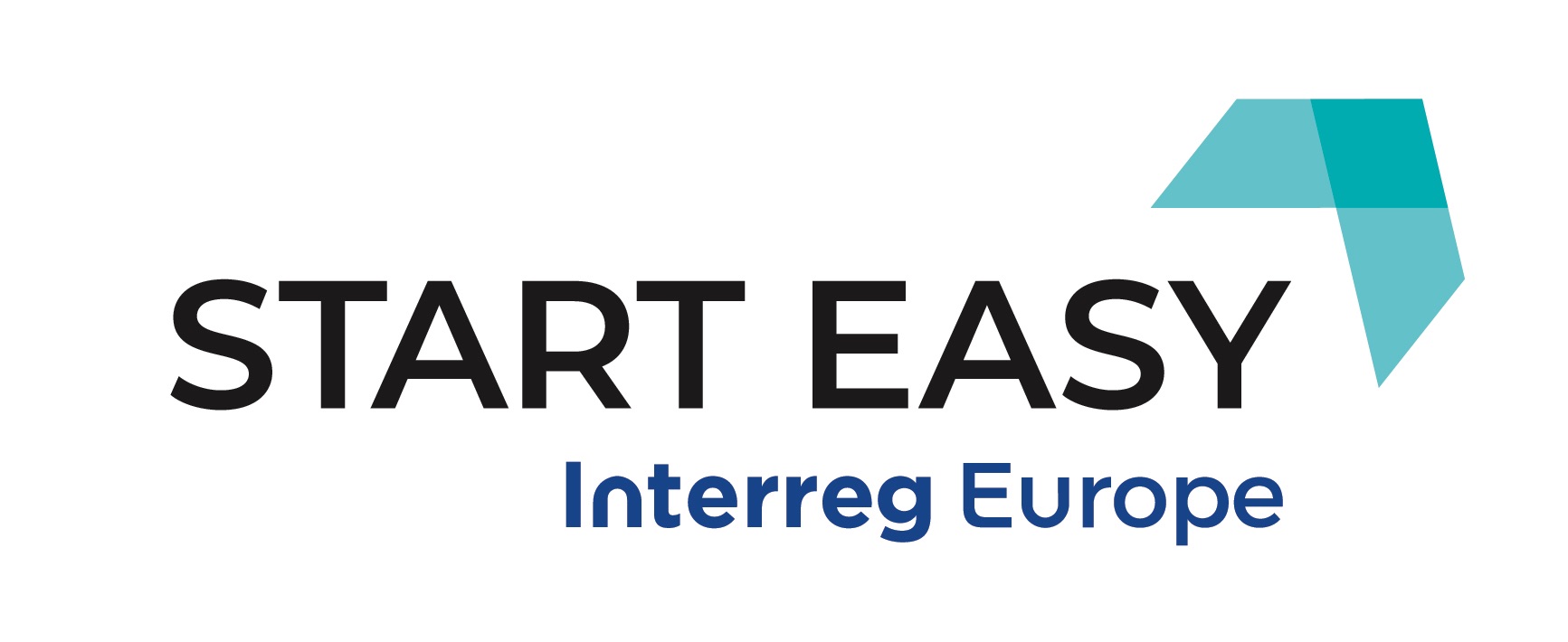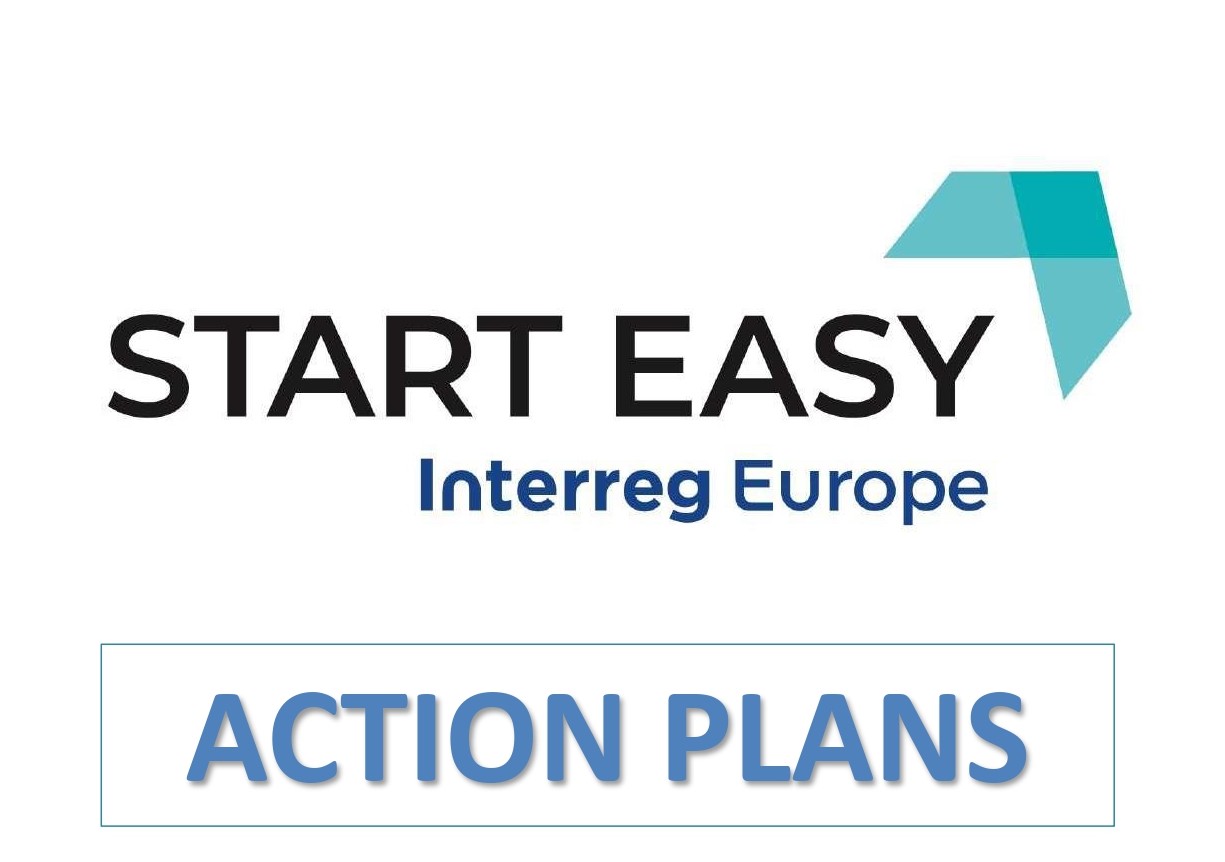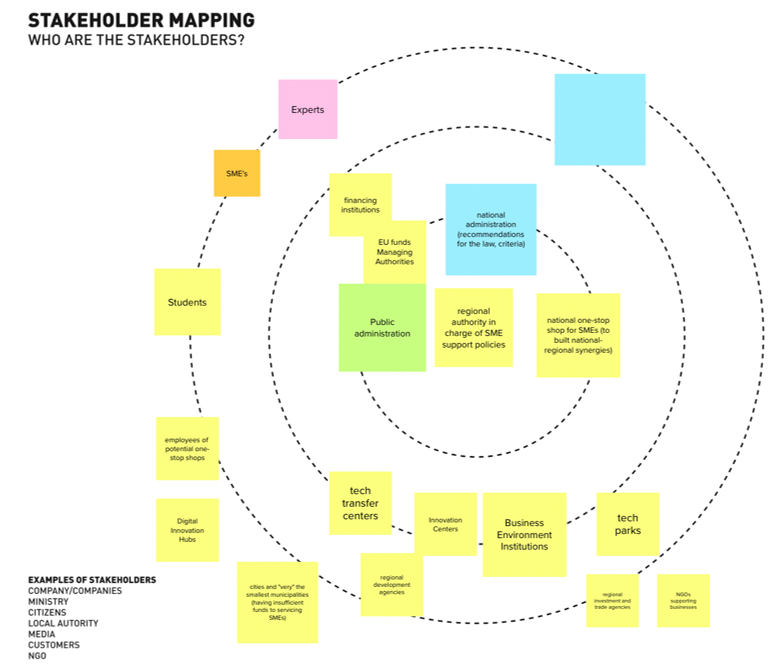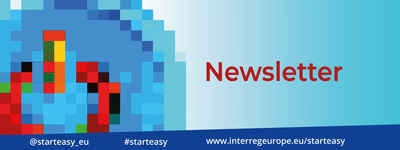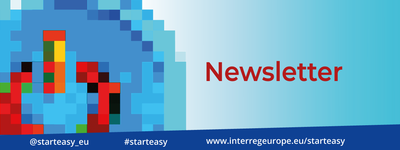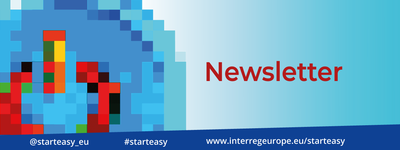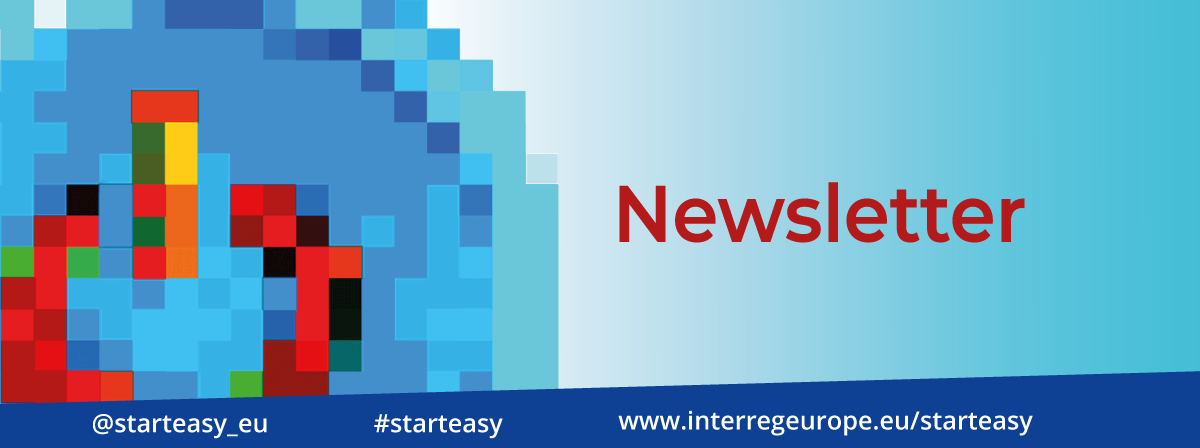The 5th project study visit was organised by Lublin Science and Technology Park and took place on 28th September 2021 in Lublin (online / Zoom). It was organised subsequently the same day after the 4th project study visit in Warsaw (online / Zoom) led by Mazovia Development Agency. Thus, the two jointly organised study visits provided project partnership with insights into relevant good practices from the Polish perspective.
Particularly, the aim of the study visit was to exchange regional experience on complex services for entrepreneurs, especially early stage companies and startups, and other business support instruments available in Lublin Region. It was an opportunity for project partners and relevant stakeholders to learn about the following good practices:
- Business Lubelskie – regional one-stop shop for investors and exporters (Marshal Office of Lubelskie Voivodeship)
- NLAB – Nevada – Lubelskie Acceleration Bridge – international acceleration and soft-landing program for Polish companies (Marshal Office of Lubelskie Voivodeship)
- Innova Invest – pre-incubation program with capital investments (owner: Lublin Science and Technology Park)
- Connect Poland Prize – acceleration program for foreign startups (Lublin Science and Technology Park)
- Knowledge and Technology Transfer Center (University of Maria Curie-Sklodowska in Lublin).
Based on opinion of project partners, it seems few interesting lessons were taken from the study visit:
- There is a need to support companies in technology transfer and commercialization, especially through network of relevant stakeholders and partnerships between science and business, i.e. universities, corporates and innovative SMEs.
- A one-stop shop solution to serve entrepreneurs has benefits for both SMEs and ecosystem actors as well; thus, it is worth to build synergies between public policy actors and business support institutions through mutual initiatives like one-stop shops.
- Some national or regional approaches differ very much in a way how to address the same challenge, thus the transferability of good practices can be limited here. This is due to the fact that sometimes it is public administration who is in charge of complex support for business at startup phase (informational and consulting services), and sometimes it serves just on informational level, with private sector entities serving as major consultancy part of the system.
